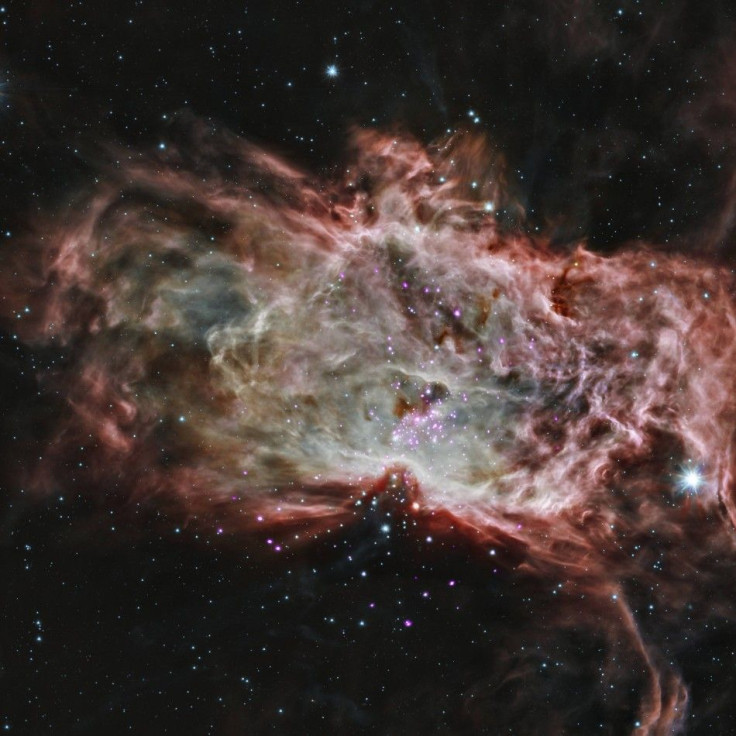Citizen Science: New Way of Doing Real Science Work Available For Everyone

Crowdsourcing needs from scientists and researchers worldwide are calling for citizen scientists to get involved with large scale scientific work. Being a citizen scientist won't require an actual doctoral degree and anyone could participate in the excitement of doing real scientific research.
Citizen science is a scientific research conducted by amateur or non-specialists, often "crowdsourced" and "crowdfunded." Citizen scientists contribute their time and resources to actual scientific research with the help of professional scientists. Interested participants can find the recent scientific projects on several dedicated science Web sites.
People can get involved "through the power of the Internet, obviously," Mashable posted.
According to the report, the Citizen Science Alliance started with the assistance of the public. It began in 2009 where then-student Chris Lintott needed help on his PhD on the chemistry of star formation for the University College London.
Lintott was tasked with looking through more than one million images of galaxies, which he admitted he cannot complete by himself. When he called out for help online, the response he got was overwhelming.
After realizing the benefit of asking help from others to finish huge scientific problems, he founded CSA, which partnered with several institutions, museums and universities worldwide. He intended for the projects to rely on the public for assistance.
A group of crowd-funded amateurs, students and retired NASA scientists currently have a project of reviving an old NASA probe. NASA stopped operating the spacecraft in 1997, but the probe is still emitting carrier signals until now.
The citizen scientists plan on regaining control of the spacecraft and attempt to move it into a new orbit.
"The spacecraft itself could provide useful information on how various components degrade over time in space," in a report from Science Insider.
There is also a way to contribute to citizen science without doing anything on the computer. George Mason University, in Fairfax, Virginia created a software tool that uses the user's computer idle time to power a program for Alzheimer's research.
"The team uses a complex system of computer models to study molecules related to the disease," Mashable cited.
Although the team's computer system could take years to its research, the software it designed allows using the power of other computers when the owners go idle. Click this link to check on how you can contribute to the Alzheimer's research.





















